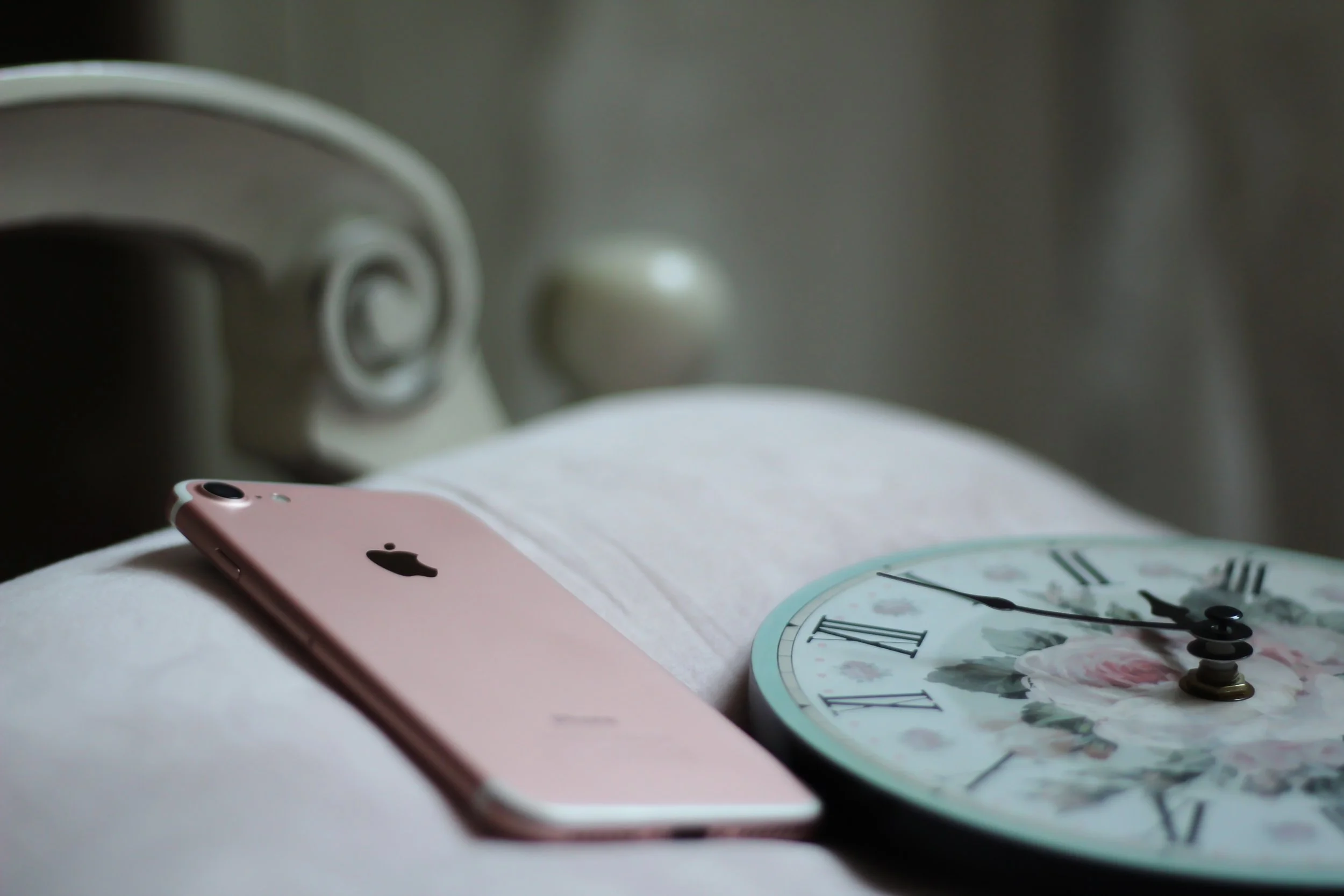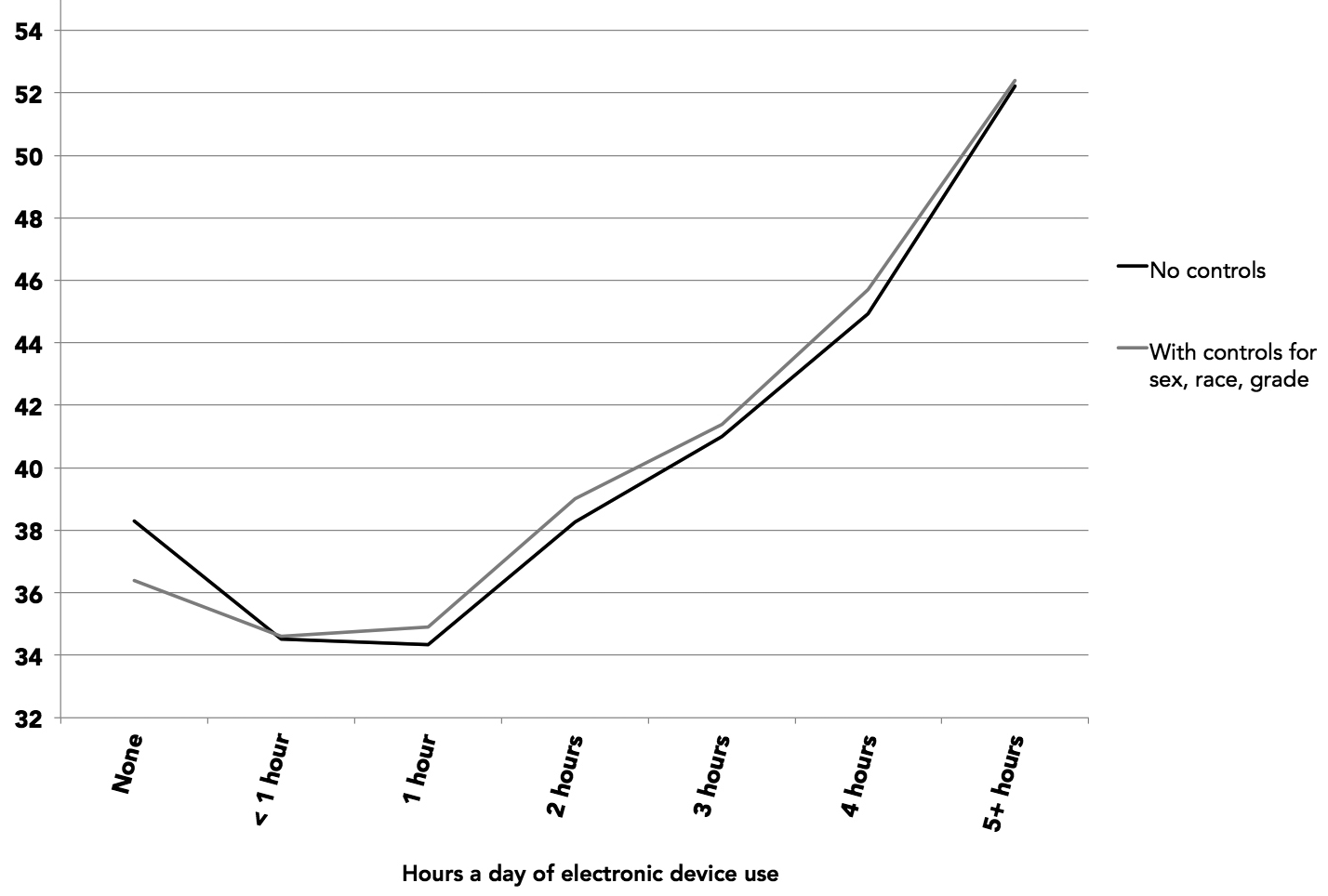Smart phones and sleep
A recent survey by HMC, in partnership with online safety organisation Digital Awareness UK (DAUK), has conducted a survey of 2,750 pupils aged 11-18, looking into teenage use of mobile devices overnight and the impact this is having on their health and wellbeing .(7)
Almost half (45%) of students admit they check their mobile device after going to bed. Of those:
A quarter (23%) check their mobile device more than 10 times a night
A quarter (25%) spend more than an hour on their mobile device after going to bed (just over 11% of the whole)
A third (32%) of these students’ parents are not aware that they check their mobile device after going to bed
Almost all (94%) of these students are on social media after going to bed (7)
“This might be partly explained by the fact that the thousands of children we talk to in schools tell us that their parents often don’t know how much time they’re spending on their devices overnight, or what they are actually doing online. This is a new and hidden world which adults can find hard to penetrate. We hope these findings will be a wake-up call for families and motivate them to have serious conversations about the safe and healthy use of technology. We are encouraged by the attention some schools are now giving to this serious issue and the attempts to bring teachers, pupils and parents together to find consistent solutions. (7)”
Sleep deprivation is linked to a myriad of issues, including compromised thinking and reasoning, susceptibility to illness, weight gain, and high blood pressure. It also affects mood: People who don’t sleep enough are prone to depression and anxiety. Again, it’s difficult to trace the precise paths of causation. Smartphones could be causing lack of sleep, which leads to depression, or the phones could be causing depression, which leads to lack of sleep. Or some other factor could be causing both depression and sleep deprivation to rise. But the smartphone, its blue light glowing in the dark, is likely playing a nefarious role .(8)
Figure 3
Figure 3 shows that 34% of 9-12th graders who spend < 1 hr on electronic devices get less than 6 hours of sleep a night; however this figure rises to 52% in those who spend more than 5 hrs a day on electronic devices.
Figure 3. Percentage of 9th to 12th graders who sleep six hours or less, by hours per day of electronic device use (exposure-response curve). Youth Risk Behaviour Surveillance (5)


